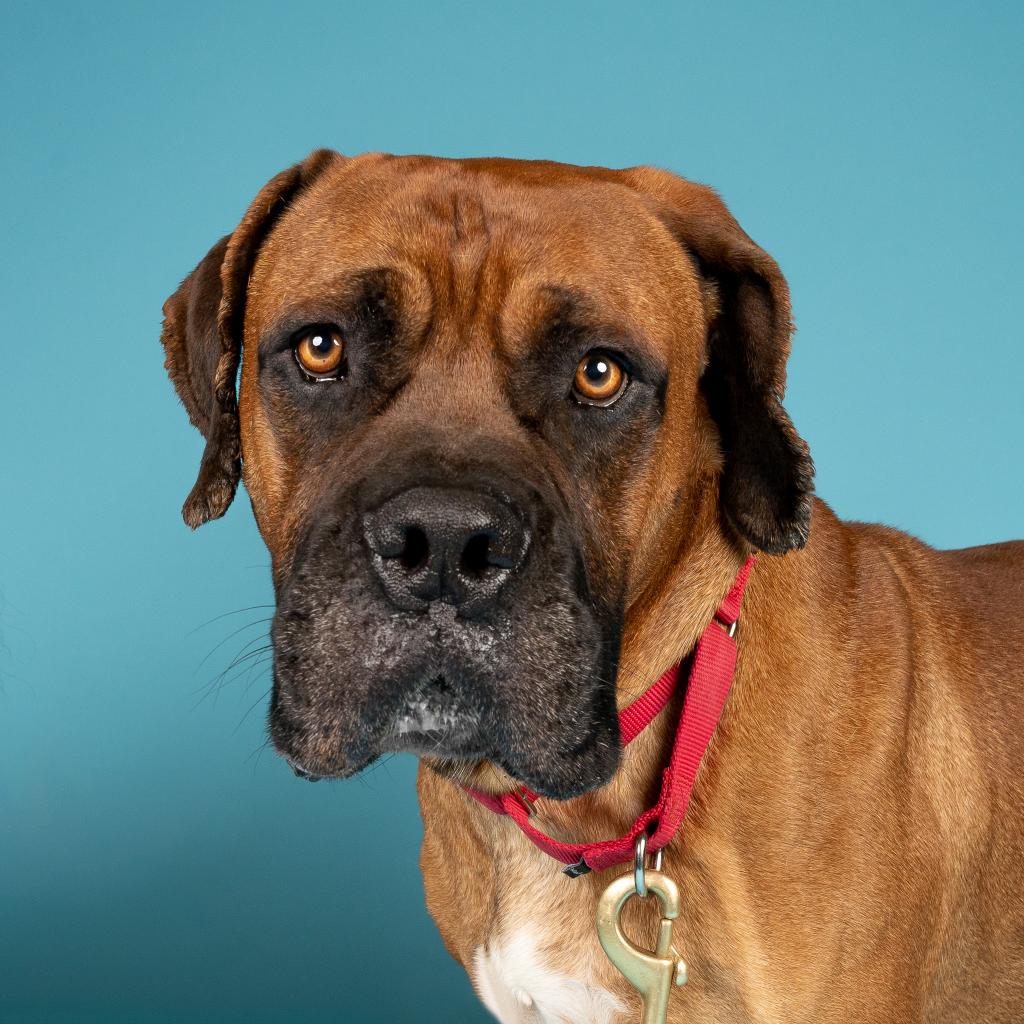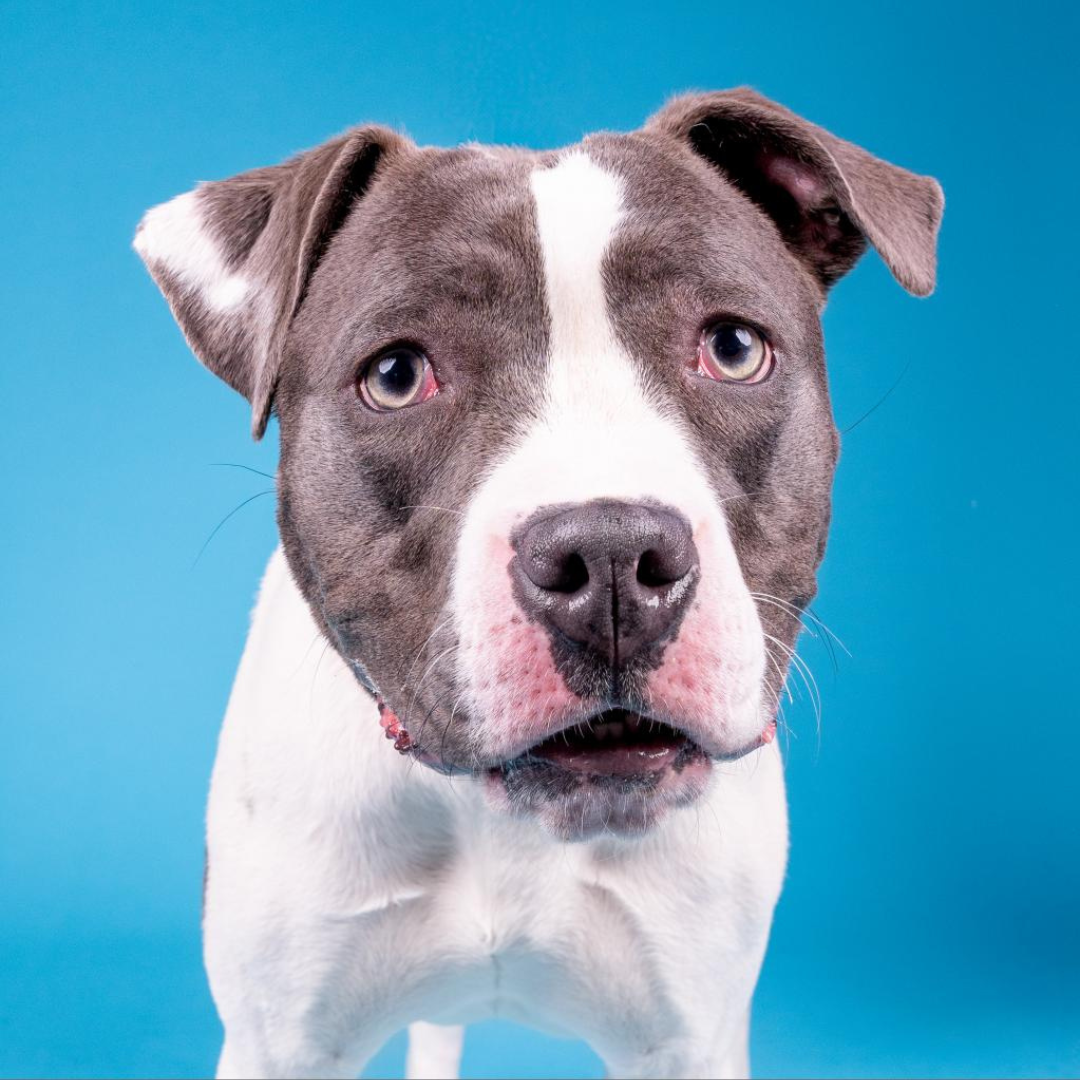What is it?
Canine parvovirus is an extremely contagious virus that can impact all dogs, with the highest risk for unvaccinated dogs and puppies under four months old. Affected dogs are commonly referred to as having “parvo.” The virus primarily affects the gastrointestinal tracts of dogs and spreads through direct dog-to-dog contact, contaminated feces, and exposure to contaminated environments or people. It can persist on various surfaces such as kennels, food bowls, collars, leashes, and human hands and clothing. Remarkably, the virus can withstand extreme conditions like heat, cold, humidity, and drying, allowing it to survive in the environment for extended periods. Even minuscule amounts of infected feces can harbor the virus, leading to the infection of other dogs in the same environment. The virus can be easily transmitted from one place to another through dogs’ hair, paws, or via contaminated cages, shoes, or objects.
Symptoms:
- Extremely depressed
- Vomiting (sometimes with blood)
- Diarrhea (sometimes with blood)
- Has stopped eating & drinking
- Dehydration (sunken, glasses eyes)
- Fever
- Shock
If your dog is showing symptoms of Parvo-Virus, please contact your local Veterinarian Emergency Center immediately.
How did my dog get this virus?
Direct contact with an infected dog’s vomit or feces through indirect contact if they have stepped in feces and licked it off.
How do I prevent my dog from getting the virus?
Vaccinate them fully before exposing them to other dogs or taking them to public places. The vaccine starts at 8 weeks old and the final vaccine is given at 20 weeks old.
How else can the virus spread?
It can be carried by people on their skin, clothes, furniture, in a vehicle or any surface that cannot be sanitized.
If my dog starts to show symptoms of the virus what do I do?
Call your veterinarian immediately for the next steps.
What is the treatment for Parvo-Virus?
Hospitalization for supportive care with antibiotics, anti-emetics to stop vomiting, anti-inflammatory medications, IV fluids and typically force feeding.
Is the virus deadly?
Yes! Without treatment the mortality rate is 100%.
Do all dogs that receive treatment survive from the virus?
No, with a weakened immune system, there is never a guarantee for a successful outcome.
How long does it last in the environment?
It can last anywhere from 6 months to 1 year, however, it can last for years in grass and soil.
Can I get another dog if my dog has died from Parvo-Virus?
It is highly recommended not to have any other unvaccinated animals in any areas where the exposed dog has been living for at least 1 year.
This virus is deadly but can easily be prevented by vaccinating your dogs!
If your dog is showing symptoms of Parvo-Virus, please contact your local Veterinarian Emergency Center immediately.






